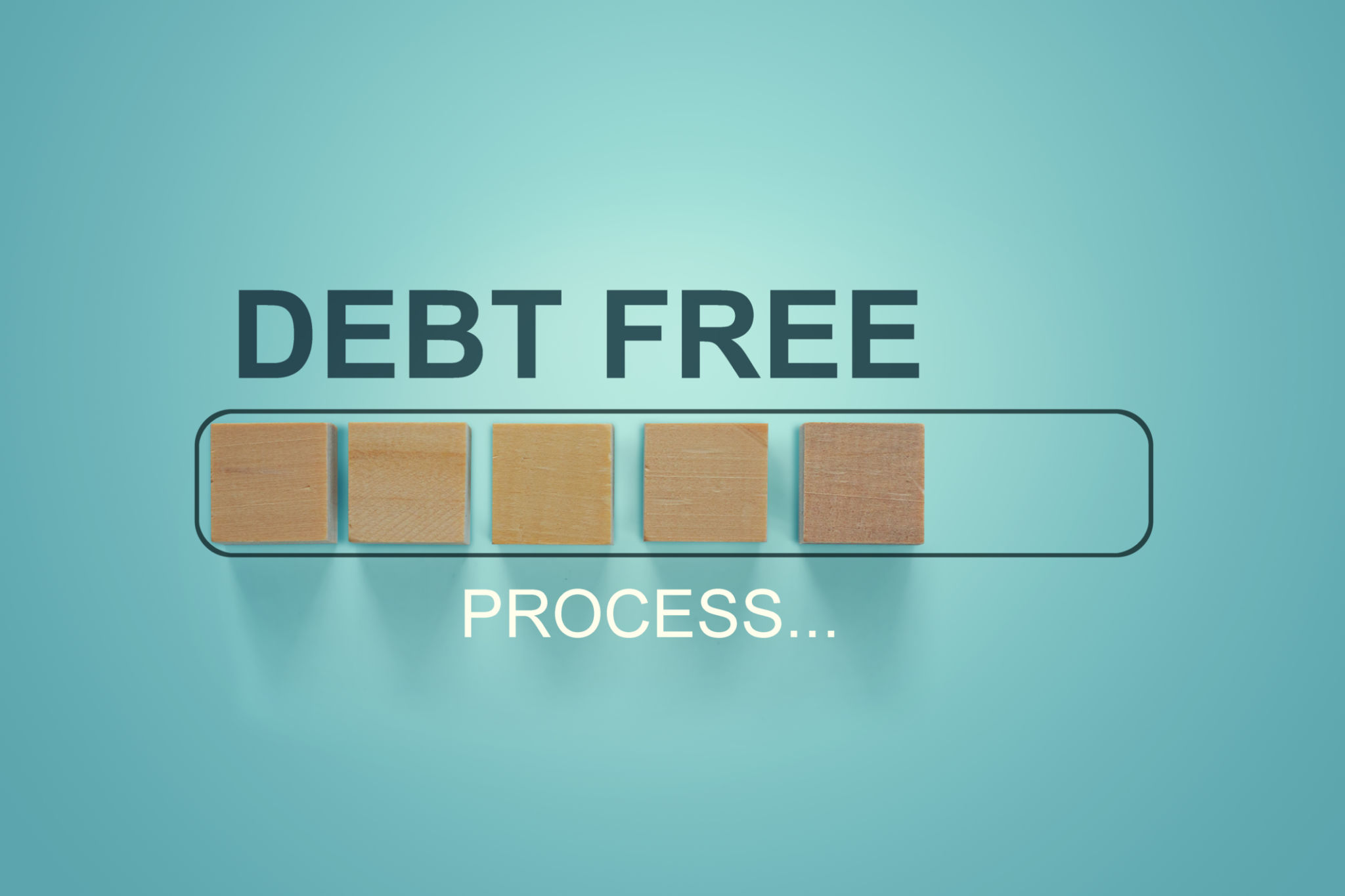Debt Management Strategies for Doctors: A Comprehensive Guide
WC
Understanding the Debt Landscape for Doctors
As a doctor, managing debt can be uniquely challenging. With the high cost of medical school tuition and the often delayed start to earning a significant income, many doctors find themselves in substantial debt early in their careers. Understanding the types of debts you may face, such as student loans, business loans for private practice, and personal expenses, is the first step toward effective debt management.

Crafting a Personal Financial Plan
Creating a comprehensive financial plan tailored to your unique situation is crucial. Start by listing all your debts, including interest rates and minimum payments. This will help you understand your financial obligations and prioritize which debts to tackle first. Consider enlisting the help of a financial advisor who specializes in working with medical professionals to ensure your plan is realistic and personalized.
Incorporate budgeting into your plan as well. A detailed budget will allow you to see where your money is going and identify areas where you can cut back. This can free up additional funds to put toward debt repayment, helping you to reduce your debt load more quickly.
Prioritizing Debt Repayment
Once you have a clear picture of your debts, prioritize them based on factors like interest rates and tax implications. Generally, it’s advisable to focus on paying off high-interest debt first, such as credit cards or personal loans. For student loans, consider the benefits of federal repayment programs that offer income-driven repayment plans or loan forgiveness options for doctors working in specific fields or underserved areas.

Exploring Loan Refinancing Options
Loan refinancing is another strategy that can significantly impact your debt management plan. By refinancing, you may secure a lower interest rate, reducing your monthly payments and the overall interest paid over the life of the loan. It's important to compare offers from various lenders and ensure that refinancing aligns with your long-term financial goals.
Keep in mind that refinancing federal student loans with a private lender means losing access to federal benefits such as loan forgiveness or income-driven repayment plans. Carefully weigh these pros and cons before making a decision.

Maximizing Income Opportunities
Increasing your income can be an effective way to tackle debt more aggressively. Consider taking on additional shifts or locum tenens positions if feasible, which can provide a substantial increase in income. Alternatively, explore opportunities to specialize further or take on administrative roles within your practice, both of which may come with higher pay.
Investing in yourself through continued education and skill development can also lead to career advancement and increased earning potential over time.
Maintaining a Long-Term Perspective
Finally, maintaining a long-term perspective is essential in managing debt effectively. Remember that while aggressive debt repayment is important, it should not come at the expense of other financial goals like saving for retirement or building an emergency fund. Balance is key; strive to create a financial plan that allows for debt repayment while also preparing for future financial stability.
By implementing these strategies and staying committed to your financial plan, you can successfully manage your debt and achieve greater financial freedom.
